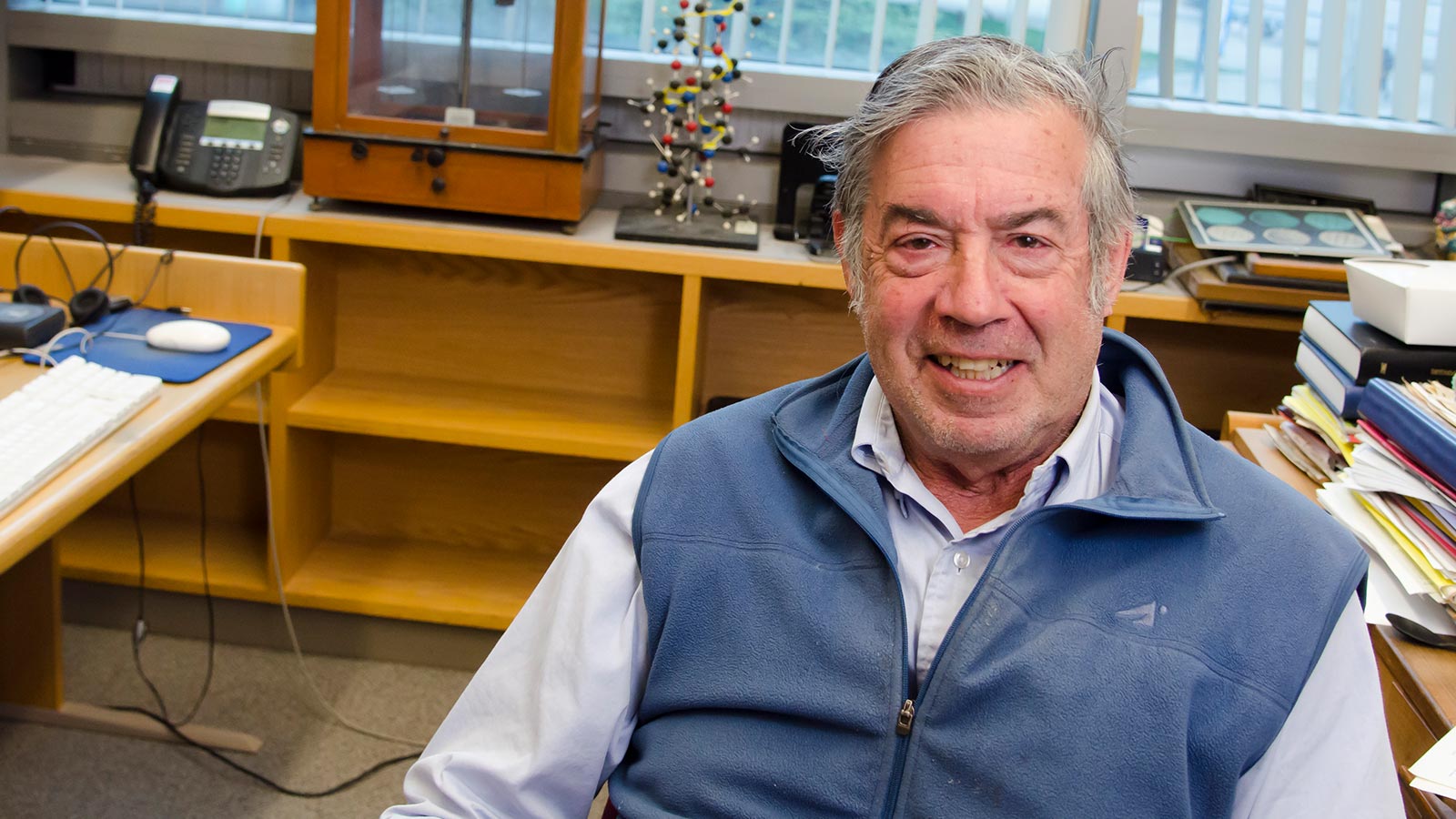Education
- PhD, 1968, California Institute of Technology
- SB, 1962, Zoology, Yale University
Research Summary
After decades of investigating protein folding, misfolding and aggregation, and bacteriophage structure and assembly, I am now concentrating on protecting the conditions needed to support biomedical research, in particular federal investment in biomedical research through the NIH and NSF budgets. This involves not only advocating for these investments, but critiquing the enormous drain on productive investment of our tax dollars through excessive military spending, particularly on nuclear weapons. To this end I chair the Reducing the Threat of Nuclear War Conference held annually in the Spring at MIT, and chair the Nuclear Disarmament Working Group of Mass Peace Action which provides national leadership on nuclear disarmament. Professor King is no longer accepting students.Awards
- NIH MERIT Award
- Guggenheim Fellow
- Jane Coffin Childs Fellow
- MIT MLK Jr Faculty Leadership
Recent Publications
- Co-expression of CCT subunits hints at TRiC assembly. Sergeeva, OA, Haase-Pettingell, C, King, JA. 2019. Cell Stress Chaperones 24, 1055-1065.
doi: 10.1007/s12192-019-01028-5PMID:31410727 - Kinetic Stability of Long-Lived Human Lens γ-Crystallins and Their Isolated Double Greek Key Domains. Mills-Henry, IA, Thol, SL, Kosinski-Collins, MS, Serebryany, E, King, JA. 2019. Biophys J 117, 269-280.
doi: 10.1016/j.bpj.2019.06.006PMID:31266635 - Aggregation of Trp > Glu point mutants of human gamma-D crystallin provides a model for hereditary or UV-induced cataract. Serebryany, E, Takata, T, Erickson, E, Schafheimer, N, Wang, Y, King, JA. 2016. Protein Sci 25, 1115-28.
doi: 10.1002/pro.2924PMID:26991007 - Copper and Zinc Ions Specifically Promote Nonamyloid Aggregation of the Highly Stable Human γ-D Crystallin. Quintanar, L, Domínguez-Calva, JA, Serebryany, E, Rivillas-Acevedo, L, Haase-Pettingell, C, Amero, C, King, JA. 2016. ACS Chem Biol 11, 263-72.
doi: 10.1021/acschembio.5b00919PMID:26579725 - Wild-type human γD-crystallin promotes aggregation of its oxidation-mimicking, misfolding-prone W42Q mutant. Serebryany, E, King, JA. 2015. J Biol Chem 290, 11491-503.
doi: 10.1074/jbc.M114.621581PMID:25787081 - Biochemical characterization of mutants in chaperonin proteins CCT4 and CCT5 associated with hereditary sensory neuropathy. Sergeeva, OA, Tran, MT, Haase-Pettingell, C, King, JA. 2014. J Biol Chem 289, 27470-80.
doi: 10.1074/jbc.M114.576033PMID:25124038 - The βγ-crystallins: native state stability and pathways to aggregation. Serebryany, E, King, JA. 2014. Prog Biophys Mol Biol 115, 32-41.
doi: 10.1016/j.pbiomolbio.2014.05.002PMID:24835736 - Human CCT4 and CCT5 chaperonin subunits expressed in Escherichia coli form biologically active homo-oligomers. Sergeeva, OA, Chen, B, Haase-Pettingell, C, Ludtke, SJ, Chiu, W, King, JA. 2013. J Biol Chem 288, 17734-44.
doi: 10.1074/jbc.M112.443929PMID:23612981 - Human TRiC complex purified from HeLa cells contains all eight CCT subunits and is active in vitro. Knee, KM, Sergeeva, OA, King, JA. 2013. Cell Stress Chaperones 18, 137-44.
doi: 10.1007/s12192-012-0357-zPMID:23011926 - Cataract-causing defect of a mutant γ-crystallin proceeds through an aggregation pathway which bypasses recognition by the α-crystallin chaperone. Moreau, KL, King, JA. 2012. PLoS One 7, e37256.
doi: 10.1371/journal.pone.0037256PMID:22655036

